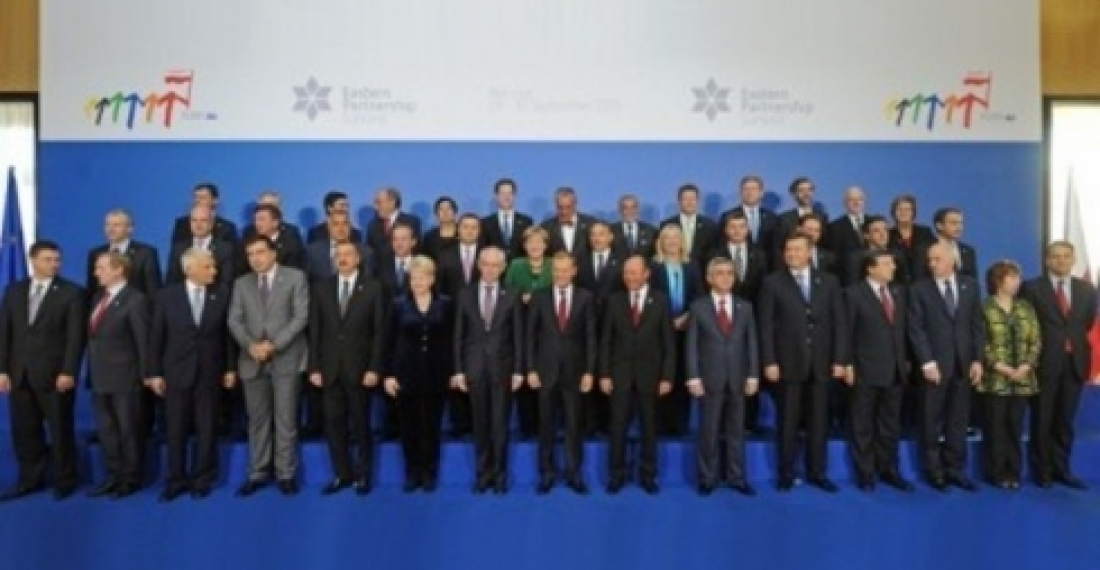Делегации из 32 стран-членов ЕС и стран-партнеров, а также представители основных институтов Европейского союза обсуждали в течение двух дней будущее Восточного Партнерства и рассказывали про ее достижения с момента ее запуска два года назад.
Встреча была омрачена вопросом о Беларуси. Страна приняла участие в подготовке к саммиту, но в конце концов не смогла присутствовать. Существовали различия в подходе к Беларуси в ЕС и среди других пяти стран-партнеров. Страны-партнеры говорили о том, что они должны сотрудничать с Беларусью, а не изолировать ее. ЕС, возмущенная ситуацией с правами человека в этой стране, предлагая Беларуси привлекательный пакет помощи, в котором она отчаянно нуждается, настаивала на трех условиях: (1) освобождении политических заключенных, (2) конструктивном диалоге между правительством и оппозицией, и (3) свободных и справедливых парламентских выборах.
Другой вопрос, который навис над встречей была судьба бывшего украинского премьер-министра Юлии Тимошенко. ЕС призвал к ее освобождению и ясно дал понять, что ее судьба будет влиять на состоянии будущих отношений с Украиной.
"Встреча в Варшаве завершилась принятием совместной декларации, которая посылает четкий сигнал шести партнерам. ЕС готова оказать помощь и рассказать им о формах более тесной интеграции. Участники саммита согласились, что укрепление Восточного партнерства - в том числе его более щедрое финансирование - имеет важное значение и сегодня, несмотря на то, что ЕС борется с экономическим кризисом и взяло на себя обязательство по строительству новой стратегии для стран Юга", по данным веб-сайте польского Председательства в ЕС. Этот саммит был важен для Польши, инициатора идеи Восточного Партнерства и одного из ключевых игроков ЕС на Востоке.
Саммит был успешным в изложении ощутимых планов сотрудничества на будущее. В конце концов это будут важные вопросы, как для будущих отношений, так и для жизни людей в соответствующих странах. Однако, этот саммит был не из тех событий, которое можно было бы описать как "историческое". Различия в подходах и мышлении по ряду вопросов были очевидны. После Варшавы совершенно очевидно, что Восточное Партнерство это "незавершенное строительство", но также ясно, что эта работа сейчас уже началась.
Источник: Редакторская группа commonspace.eu
Фото: Общая фотография лидеров на саммите Восточного партнерства в Варшаве 30 сентября 2011 (любезно предоставлено Правительством Польши)







